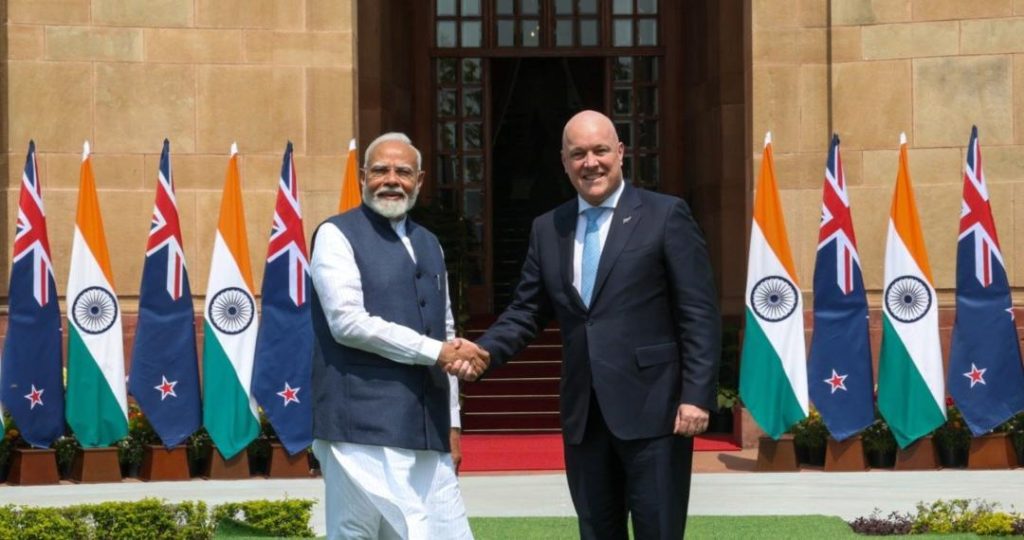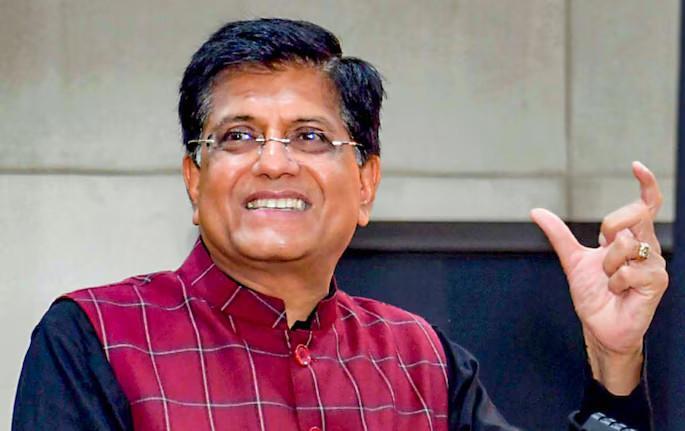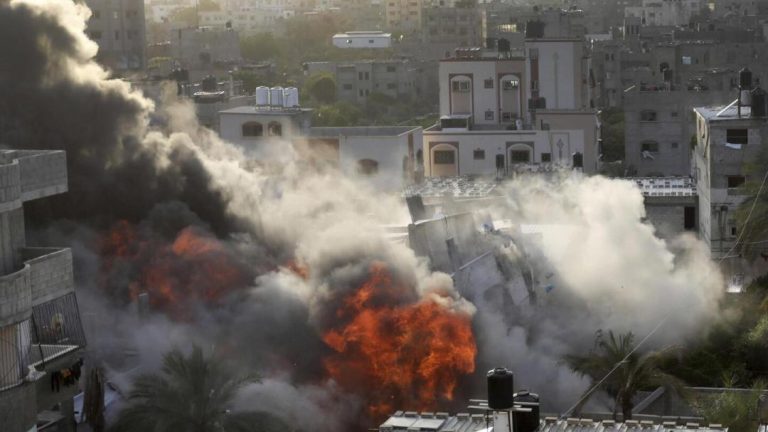
India Alerted New Zealand on Khalistani Elements: MEA
In a significant development, India has raised concerns about Khalistani elements with New Zealand, a key ally in the fight against terrorism. The alert was issued during a discussion between Prime Minister Narendra Modi and his New Zealand counterpart, Christopher Luxon. This move underscores India’s commitment to combating terrorism and extremist ideologies that threaten global peace and security.
According to a Ministry of External Affairs (MEA) official, India has been keeping its friends and allies informed about the activities of anti-India elements that abuse democratic freedoms to glorify terrorism. The official stated, “We do alert our friends [about] the activities of anti-India elements…and their abuse of…democratic freedoms to glorify terrorism.” This indicates that India is proactively working with other nations to prevent the spread of extremist ideologies and to combat the menace of terrorism.
The MEA official’s statement suggests that India is concerned about the activities of Khalistani elements in New Zealand, which have been accused of promoting separatism and terrorism in India. The Khalistan movement, which emerged in the 1970s, seeks to create an independent Sikh state in Punjab, India. Over the years, the movement has been linked to several violent incidents, including the assassination of Indian prime minister Indira Gandhi in 1984.
In recent years, there have been reports of Khalistani sympathizers and extremists operating in New Zealand, which has raised concerns about the potential threat they pose to national security. The New Zealand government has been accused of being soft on terrorism and allowing extremist groups to operate freely in the country.
India’s alert to New Zealand is seen as a significant development in the fight against terrorism and extremism. It highlights India’s commitment to working with other nations to combat terrorism and to sharing intelligence and best practices to prevent extremist ideologies from spreading.
The MEA official’s statement also underscores the importance of democratic freedoms and the need to prevent their abuse by extremist elements. The official emphasized that India is working closely with its allies to prevent the misuse of democratic freedoms to glorify terrorism.
The timing of India’s alert to New Zealand is significant, as it comes amid growing concerns about the rise of extremism and terrorism in the region. The Asia-Pacific region has seen a surge in terrorist activities in recent years, with groups like the Islamic State (ISIS) and the Taliban operating in the region.
New Zealand has been at the forefront of the fight against terrorism, and its government has been working closely with other nations to prevent the spread of extremist ideologies. The country has been a key player in the Global Coalition Against Daesh, which is working to defeat ISIS.
India’s alert to New Zealand is also seen as a sign of the growing strategic partnership between the two countries. New Zealand has been a key partner for India in the Indo-Pacific region, and the two countries have been working together on a range of issues, including trade, defense, and security.
In conclusion, India’s alert to New Zealand on Khalistani elements is a significant development in the fight against terrorism and extremism. It highlights India’s commitment to working with other nations to combat terrorism and to share intelligence and best practices to prevent extremist ideologies from spreading. The MEA official’s statement underscores the importance of democratic freedoms and the need to prevent their abuse by extremist elements. As the world grapples with the threat of terrorism and extremism, India’s alert to New Zealand is a timely reminder of the need for international cooperation and coordination to prevent the spread of extremist ideologies.




